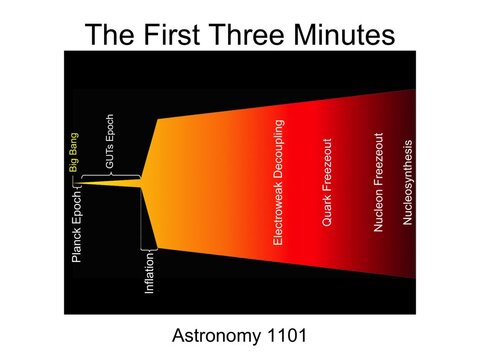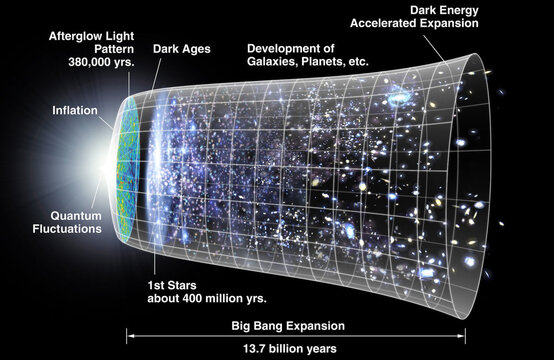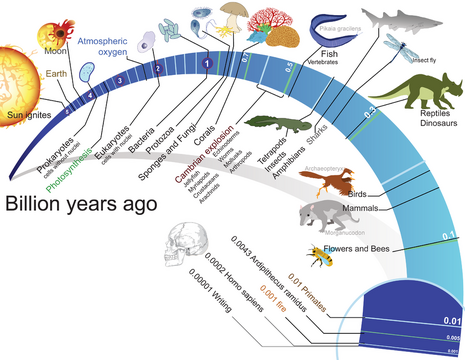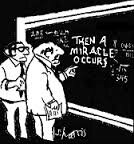Soupie
Paranormal Adept
@smcder something else but may be related to your note above.
You've said the "hard problem" of CR is getting physics from it.
But I would/can argue that this is precisely the position we are currently in now.
As explained beautifully in the paper above which I can quote of need be, there is no such thing as true objectivity. We we call objectivitybis in reality intersubjectivity.
So, the physics we have today is technically physics from consciousness (CR). And I mean that literally.
You've said the "hard problem" of CR is getting physics from it.
But I would/can argue that this is precisely the position we are currently in now.
As explained beautifully in the paper above which I can quote of need be, there is no such thing as true objectivity. We we call objectivitybis in reality intersubjectivity.
So, the physics we have today is technically physics from consciousness (CR). And I mean that literally.




